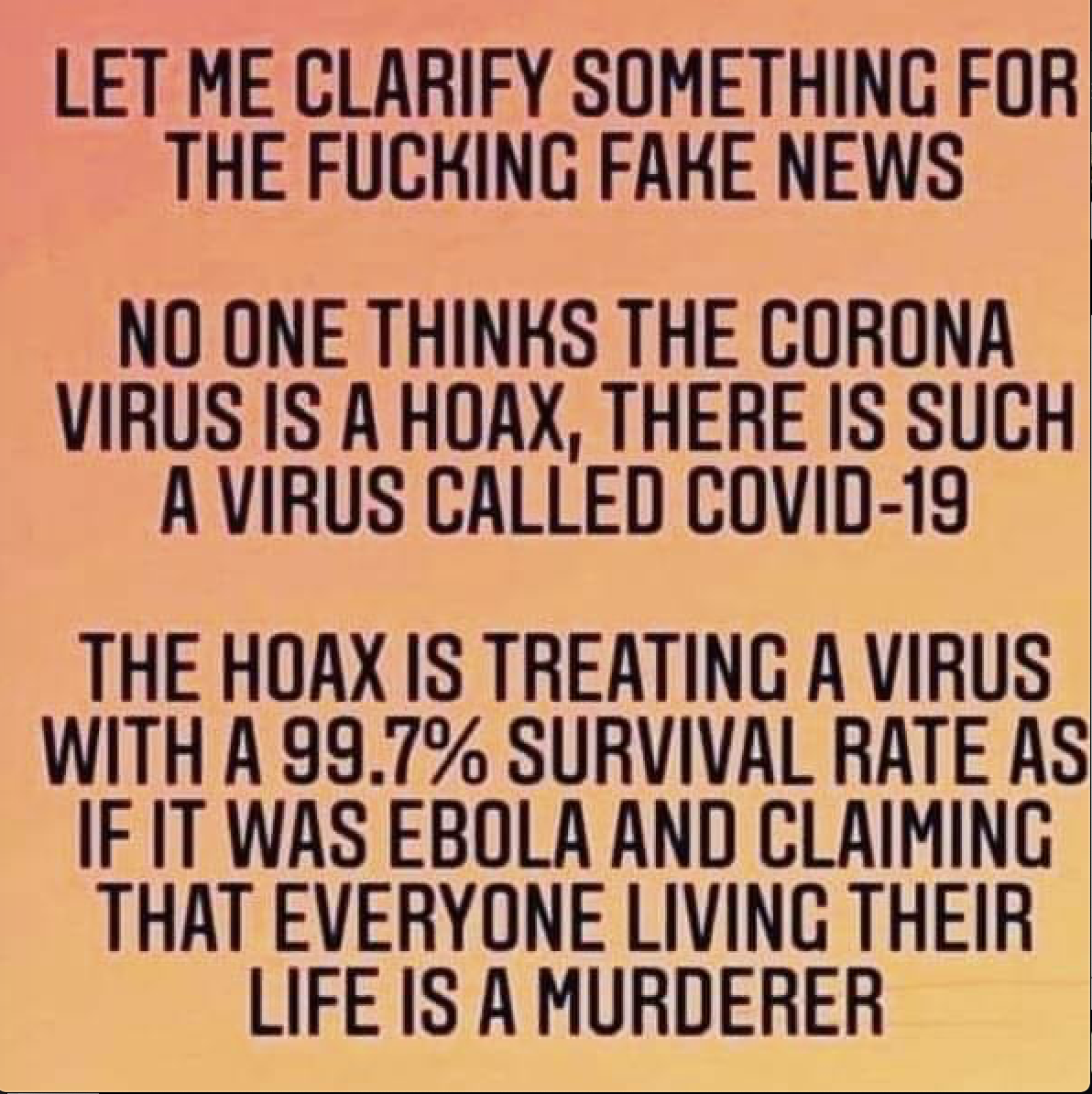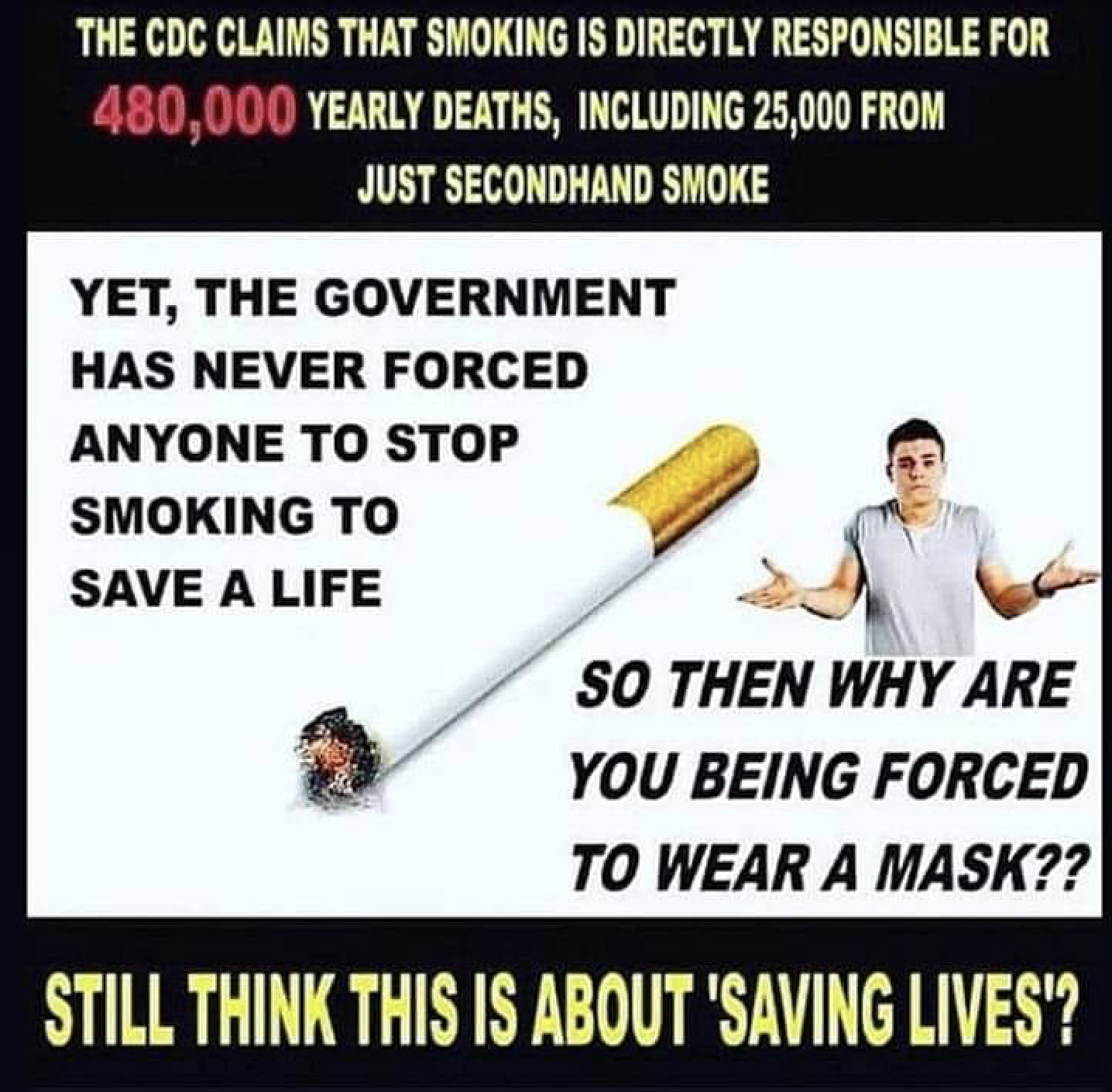"Mission Focus, Stewardship & Sensemaking" with Jim Uhlmann
Major Jim Uhlmann is a former green beret commando, father, neighbor, gardener, citizen and libertarian. He is a stewardship consultant and a Full Stack Human System(s) Engineer. His playa name is Truly, but he most identifies with being “Just Jim.”
In this conversation we talk about facing the implications of the fact that we are humans who are living in a biological reality, which includes our inherent drive to avoid pain and fear and move towards what we like, as well as the need to survive and reproduce.
We talk about effective and ineffective strategies for creating change in the world, how stewardship is a more effective form of leadership than control, and the importance of keeping a mission focus without wasting energy on strategies that are out of alignment with the the goal you're trying to achieve.
We also talk about “Sensemaking” and how easily people are manipulated by media, public relations and information warfare. The inherent enthusiasm of youth and the value of ensuring that leaders have lived experience and wisdom.
We talk about gardening and dancing and the importance of finding joy and meaning in life.
This is part of a series of episodes where I interview forward-thinking people from the conservative side of the political spectrum in the spirit of facilitating cultural healing, exploring new perspectives and demonstrating the power of compassionate conversation that is rooted in mutual human dignity.
Jim Uhlmann, Triangle Pose.
Disclaimer:
If you're on the progressive side of the political spectrum there is definitely some content here that will be provocative. But that's the point of this series. The goal of Fractal Friends is to explore our diversity and see what we can learn from each other's perspectives and I believe that there is a lot of useful wisdom here.
I want to acknowledge that a lot comes up in this conversation that I don’t address in the conversation. Please look below for information, context making and some thorough fact checking.
I look forward to hearing your feedback about this episode. Please share your comments on facebook, instagram, this website or at: duncan at fractalfriends.us.
Episode Resources
Greek Philosophy (Ethics and Leadership)
Jim makes a strong invitation for us to think hard about how we think and make decisions, especially as we consider who to put in charge of governance. He calls upon Greek philosophy and contemporary conversations about sensemaking. Below are some resources:
Nicomachean Ethics
Here is the quote from Aristotle's The Nicomachean Ethics (Book 1, Chapter 3) that Jim shares in the episode. You can find a good summary of the chapter in this Study Guide from Shoomp.com.
“Now each man judges well the things he knows, and of these he is a good judge. And so the man who has been educated in a subject is a good judge of that subject, and the man who has received an all-round education is a good judge in general. Hence a young man is not a proper hearer of lectures on political science; for he is inexperienced in the actions that occur in life, but its discussions start from these and are about these; and, further, since he tends to follow his passions, his study will be vain and unprofitable, because the end aimed at is not knowledge but action. And it makes no difference whether he is young in years or youthful in character; the defect does not depend on time, but on his living, and pursuing each successive object, as passion directs...” (Read more here)
Philosopher King
According to Plato, a philosopher king is a ruler who possesses both a love of wisdom, as well as intelligence, reliability, and a willingness to live a simple life. For such a community to ever come into being, "philosophers [must] become kings…or those now called kings [must]…genuinely and adequately philosophize" (Plato, The Republic, 5.473d). (Source: Wikipedia, "Philosopher King")
Marcus Aurelius Antoninus (26 April 121 – 17 March 180 AD) was Roman emperor from 161 to 180 and a Stoic philosopher. He is considered one of the great real life examples of Plato’s Philosopher King. Jim quotes from Marcus Aurelius and I’ve included here an album from Akira the Don that feature Marcus Aurelius. Aurelius’ key writing is Mediations, which offers “a remarkable series of challenging spiritual reflections and exercises developed as the emperor struggled to understand himself and make sense of the universe.” Here is a great summary of Aurelius’ Meditations that includes key lessons and key quotes.
Information Warfare & Sensemaking
Sensemaking
One of the most important concepts that Jim brings up in this conversation is the idea of “sensemaking.” Sensemaking is the process by which people give meaning to their collective experiences. This a crucial skill that is seriously lacking in our current culture. As we get more and more polarized, we are finding ourselves in intense information silos and conscious refusal to hear the perspectives of others or listen to information that challenges our worldview. It becomes easy to confuse propaganda and information. Rebel Wisdom has put together a series of conversations they call the War on Sensemaking. You can watch the whole series here.
The video here (to the right) is a conversation from the series with Daniel Schmachtenberger of Civilization Emerging. Here is a edited excerpt from the video (Starting at 1:00:00) :
What can you do for better sensemaking?
If there are whole chunks of populations that you only have pejorative straw man version of, where you can't explain why they think what they think without making them dumb or bad, you should be dubious of your own modeling.
You should seek harder to take in the news that they're taking in for a week. Go to Mother Jones or Breitbart for a day. Take it in. Most all of the positions right now, have some signal and a bunch of noise. So we want to be able to seek to understand the other humans that we need to be able to coordinate with… and then we can start to synthesize the signal across the space. That is a movement towards adequate sensemaking or synthesis.
If you feel a combination of outrage, scared, emotional and very certain, with a strong kind of enemy hypothesis orientation. You have been captured by somebody’s narrative warfare and you think it's your own thinking. Even if you win, the other side will reverse engineer and come back, and you're just escalating an arms race. You're not moving towards real shared sensemaking and coordination.
This doesn't mean you never take a position. It means that you take a position that is trying not to just to continue the warfare, but trying to elevate the whole space, which requires me understanding the whole space better.
Now let’s put it all into practice…
Fact Checking & Sensemaking: COVID-19 Data, Questioning the Narrative and the “Plandemic”
Jim brings up a lot of topics that point to a wider conspiracy or plan behind many things that are happening in the world right now. I went into a deep fact checking and context creating rabbit hole to pull out the following information. I share this to support your and my process of sensemaking. The following doesn't necessarily reflect the beliefs of Jim or myself:
COVID-19 Skepticism and Data
In the episode Jim expresses a number of facts and opinions about COVID-19. I have compiled a bunch of information, data and memes to put it all into context. My opinions are not necessarily reflected in what I share here. I share the following in the spirit of understanding the range of perspectives. I have experienced the personal impact of having a family member suffer from COVID-19, and it is a heartbreaking disease.
COVID-19 Fatality & Mortality Data (and what it means)
I found this research fascinating. Jim said that the survival rate of COVID-19 was somewhere above 99%. And that the median age of death was the same as the average age of death in general: ~78 years.
This is mostly true. The percentage of people who die from COVID is impossible to determine now, but it is much closer to 1% than I had imagined. And the median age of COVID death is about 78 and the mean average age of death in the U.S. is about 78.
Here are some important caveats:
It's really hard to track this data during a pandemic. (Read more here)
Case Fatality Rate is not the same as the Infection Fatality rate.
1% of the U.S. population is 3.2 million people
A death is 100% of a person.
The following information and the live charts all come from the amazingly informative website: Our World in Data. Here is the page with their data and information about the Coronavirus Pandemic (COVID-19).
The Case Fatality Rate (CFR) of the COVID-19 pandemic is in the chart below. The CFR measures the ratio between confirmed deaths and confirmed cases, but is a poor measure of mortality risk. The risk of death is Infection Fatality Rate, but we don't have that data, because we don't know how many people have actually been infected. Here is a thorough explanation of mortality risk and data:
“What do we know about the risk of dying from COVID-19?” by Hannah Ritchie and Max Roser
There are two reasons why we would expect the CFR not to represent the real risk. One of them would tend to make the CFR an overestimate – the other would tend to make it an underestimate.
When there are people who have the disease but are not diagnosed, the CFR will overestimate the true risk of death. With COVID-19, we think there are many undiagnosed people.
When some people are currently sick and will die of the disease, but have not died yet, the CFR will underestimate the true risk of death. With COVID-19, there are many who are currently sick and will die, but have not yet died. Or, they may die from the disease but be listed as having died from something else.
COVID-19 Hospitalization and Death by Race/Ethnicity (Source: CDC, Nov. 2021)
Questioning The Official Narrative around COVID-19
Memes
Here are some memes that capture some of the skeptical sentiment in the face of COVID-19 and the safety precautions being imposed by local governments.
Can We Trust Science (the “science” industry)?
There are many good reasons to doubt the official narrative, and there are also good reasons to choose to think and act for yourself. This article from the Wall Street Journal explains that, while science is the best method, it also has proven to be inadequate and is sometimes misused as a tool for understanding COVID-19 and the appropriate response: “What the Pandemic Has Taught Us About ScienceThe scientific method remains the best way to solve many problems, but bias, overconfidence and politics can sometimes lead scientists astray”By Matt Ridley. Yes, it costs money to read it. Here is a long excerpt. Also email me at duncan@fractalfriends.us, I may have a copy.
Is Coronavirus a “Plandemic”?
Those who believe that the coronavirus pandemic was planed and launched intentionally have a number of theories about how and why. Below are a series of often cited examples that they believe are evidence for a deeper conspiracy behind the pandemic.
Planning and War Games
Some people point to times when people conducted simulations and war games that studied how a pandemic would play out. Here are some examples:
Event 201: A Global Pandemic Exercise (October 2019) The Johns Hopkins Center for Health Security modeled a fictional coronavirus pandemic. It was done in partnership with the World Economic Forum and the Bill and Melinda Gates Foundation. Yes, this really happened. Read the full report here.
Urban Outbreak (September 2019) was a war game run by the Naval War College (NWC) in Newport, Rhode Island. The war game involved 50 experts who spent two days coordinating response, containment and messaging efforts around the notional pandemic. Here is an article about it from Military.com: “The Naval War College Ran a Pandemic War Game in 2019. The Conclusions Were Eerie” and another from Forbes “An Epidemic Simulation At The U.S. Naval War College Provides Lessons For The Coronavirus Pandemic”
Dark Winter (2001) was a famous pandemic simulation “war game.” The purpose of the war game was to highlight the vulnerabilities in our healthcare systems and policies by putting them in a worst-case, but plausible scenario. Operation Dark Winter went on to shape 10 years of biological preparedness policy.
Some point to the fact that despite many war games designed to prepare for a global pandemic, we didn't seem to be prepared:
“Years Before The Pandemic, War Games Predicted A 'Global Tempest'“ by Hannah Allam (NPR)
“Two decades of pandemic war games failed to account for Donald Trump” by Amy Maxmen & Jeff Tollefson (Nature)
Bill Gates
As Jim implied in the episode, some believe that Bill Gates is behind the coronavirus and that it is a scheme to make money off of vaccines. This is connected to Gates’ statements that vaccines will reduce population growth and that vaccines are his best investment. Jim also points out Bill Gates’ history of breaking the law for his own gain and to achieve global influence. This is evidenced by how Gates fought his anti-trust case: U.S. v. Microsoft back in 1999. In case you forgot or don't know about this case, you can read this or this article.
Gates did say that vaccines will reduce population growth in this TED Talk “Innovating to Zero.” And that quote is often taken out of context. (Here's an example.) This Snopes article analyzes all the pieces of the issue: “Did Bill Gates ‘Admit’ Vaccinations Are Designed So Governments Can ‘Depopulate’ the World?” and comes to the following conclusion:
“The computer magnate believes that vaccines can be used to reduce childhood mortality and ultimately reduce population growth through associated social changes, not as an agent of death.
Melinda Gates explains: “If parents believe their children will survive — and if they have the power to time and space their pregnancies — they choose to have fewer children.”
Gates also did say that vaccines were his “best investment” in this CNBC interview: “Bill Gates: My ‘best investment’ turned $10 billion into $200 billion worth of economic benefit,” but he never said that he personally made money off of vaccines. He was talking about a report from the Copenhagen Consensus Center, which its spokesman, David Lessmann, explained:
“The analysis identified that collectively across the three funds, the ROI (return on investment, editor’s note) was $20 per $1 spent. The benefit represents the social benefit of investments.”
The clip where Gates say that it was his best investment has also has been edited and taken out of context. That is explained in this factchecking article from the AFP: “Misleading Facebook post claims Bill Gates is making $200 billion from vaccine.” Here (right) is a video called “Pay No Attention to the Man Behind the Curtain.” It lays out the argument that Bill Gates is part of a conspiracy behind the Coronavirus Pandemic.
The Great Reset
The fact that global political and economic leaders are using the pandemic as a motivation for an overhaul of the global economic system is cited as evidence of the motive for creating a global pandemic.
The Great Reset is a proposal by the World Economic Forum (WEF) to rebuild the economy sustainably following the COVID-19 pandemic. It was unveiled in May 2020 by the United Kingdom's Prince Charles and WEF director Klaus Schwab. Here are some descriptions of it from distinct perspectives.
World Economic Forum “The Great Reset: A Unique Twin Summit to Begin 2021”
“We only have one planet and we know that climate change could be the next global disaster with even more dramatic consequences for humankind. We have to decarbonize the economy in the short window still remaining and bring our thinking and behaviour once more into harmony with nature,” said Klaus Schwab, Founder and Executive Chairman of the World Economic Forum.
The Hill: “Introducing the 'Great Reset,' World Leaders' Radical Plan to Transform the Economy Alive” By Justin Haskins, Opinion Contributor (06/25/20)
“Every country, from the United States to China, must participate, and every industry, from oil and gas to tech, must be transformed,” wrote Klaus Schwab, the founder and executive chairman of the World Economic Forum, in an article published on WEF’s website. “In short, we need a ‘Great Reset’ of capitalism.” Schwab also said that “all aspects of our societies and economies” must be “revamped,” “from education to social contracts and working conditions.”
One of the main themes of the June meeting was that the coronavirus pandemic has created an important “opportunity” for many of the World Economic Forum’s members to enact their radical transformation of capitalism, which they acknowledged would likely not have been made possible without the pandemic.
Music
"Clean Up Your Room" and "Make it Beautiful" by Akira the Don (feat. Dr. Jordan Peterson) from the album: JBPWAVE: Genesis.
I want to thank Akira the Don for giving me permission to use this song. I really encourage you to check out his work and art.
Check out Akira the Don on Spotify, YouTube, Bandcamp, or get all his links here: https://linktr.ee/akirathedon
Listen to "Clean Up Your Room" and "Make it Beautiful" here:
Meaningwave
Akira the Don’s current project Meaningwave is “a musical psychotechnology… with the aim of helping listeners achieve their potential in this lifetime.” It features wisdom from Alan Watts, Carl Sagan, Elon Musk, Noam Chomsky, Joe Rogan, Graham Hancock, Charlie Chaplin, Terrance McKenna, Jordan Peterson, Marcus Aurelius and many many more.
You can listen to the Meaningwave playlist from Spotify here:
Here are some great (and timely) videos from Akira the Don's Meaningwave playlist on YouTube:
Alan Watts & Akira The Don - “THE WAY THE WORLD ACTUALLY IS.” From the album, WATTSWAVE II: How To Be A Better Person.
Charlie Chaplin & Akira The Don - THE GREAT DICTATOR. From the epic MEANINGWAVE MASTERPIECES II album.
Elon Musk & Akira The Don - “IF YOU DON'T MAKE STUFF THERE IS NO STUFF.” Here's a full album with Elon Musk, Elon: A Space Oddity
Graham Hancock & Akira The Don - “The LAMENT OF HERMES.” From the epic MEANINGWAVE MASTERPIECES II album.









